Health Articles
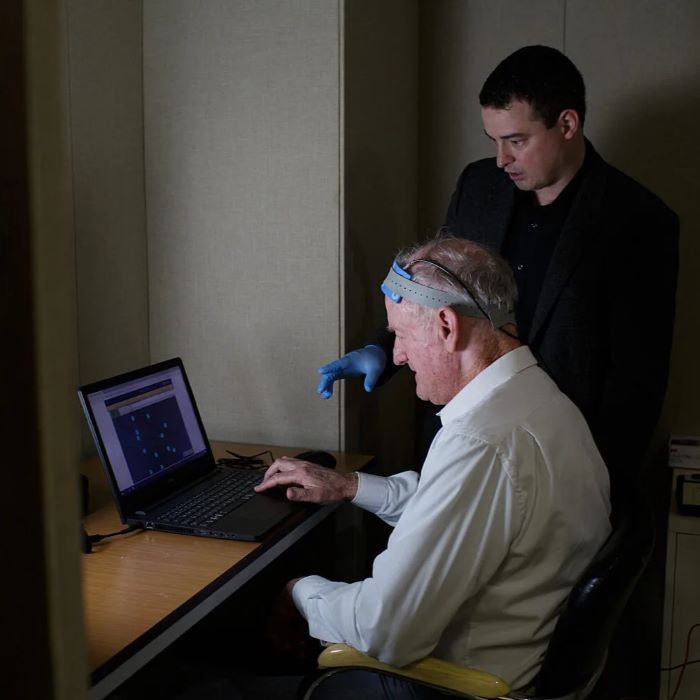
A noninvasive brain stimulation treatment improved depression and anxiety symptoms among older adults
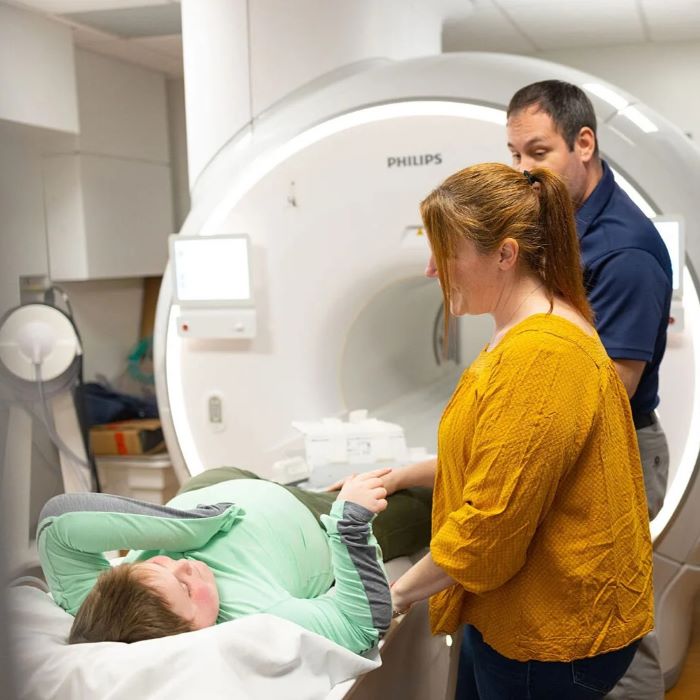
Imaging expertise at UF contributes to successful clinical trial

A neurologist specializing in epilepsy discusses how the EEG has transformed neuroscience
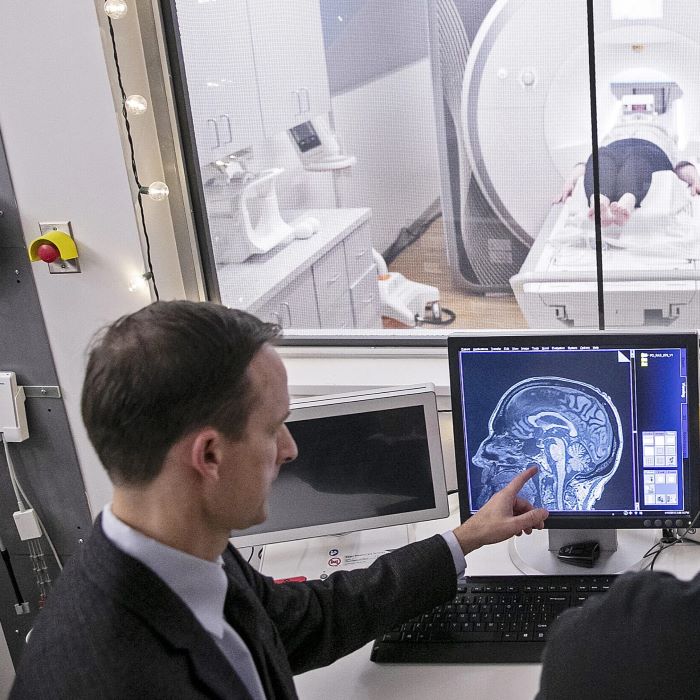
New research suggests a link between abnormal blood levels of amyloid and subtle changes in the brain.

Stephen J. Motew, M.D., M.H.A., FACS, has been named president and CEO of the UF Health clinical enterprise, effective April 1.
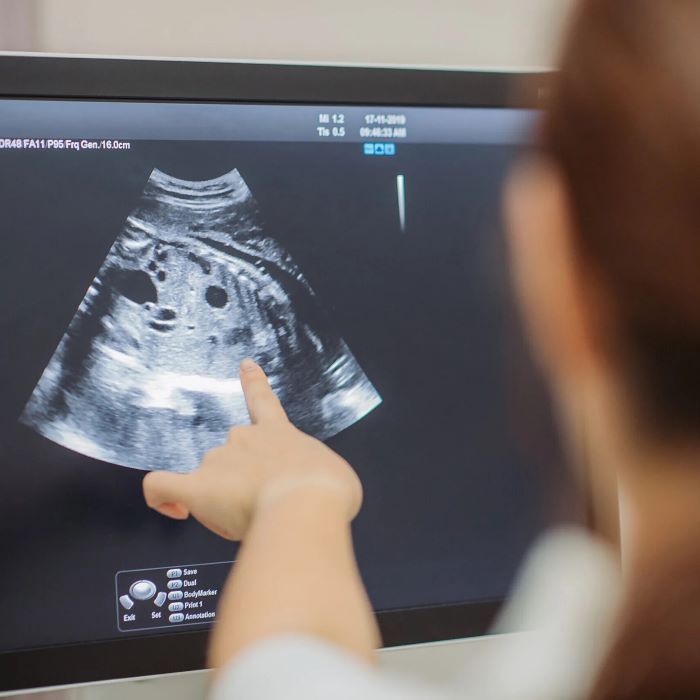
AI-based project will identify needs for pregnant women
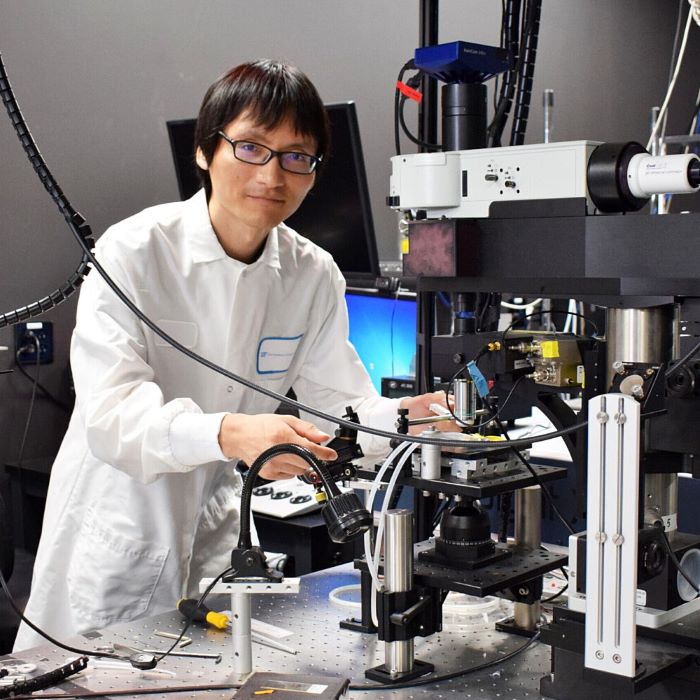
Ryoma Hattori uses advanced laboratory techniques and AI to make discoveries about how the brain learns.
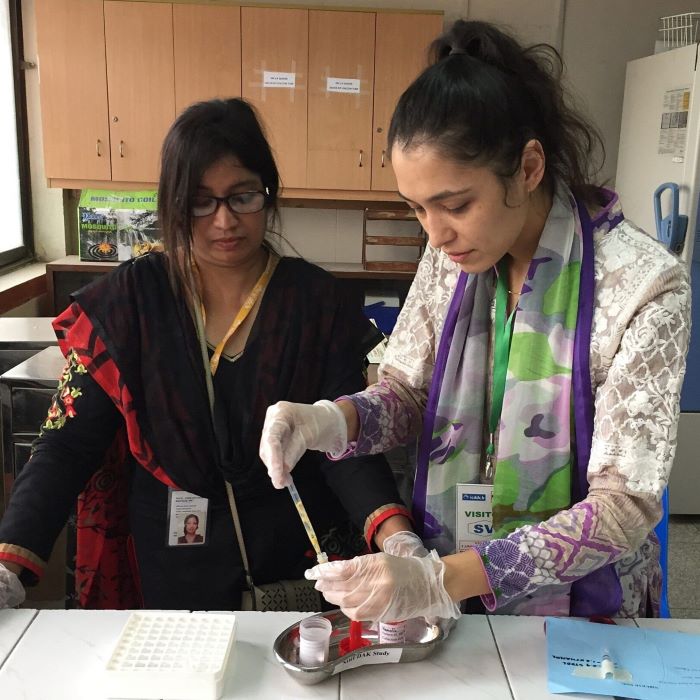
The system can help doctors treat diarrhea in children
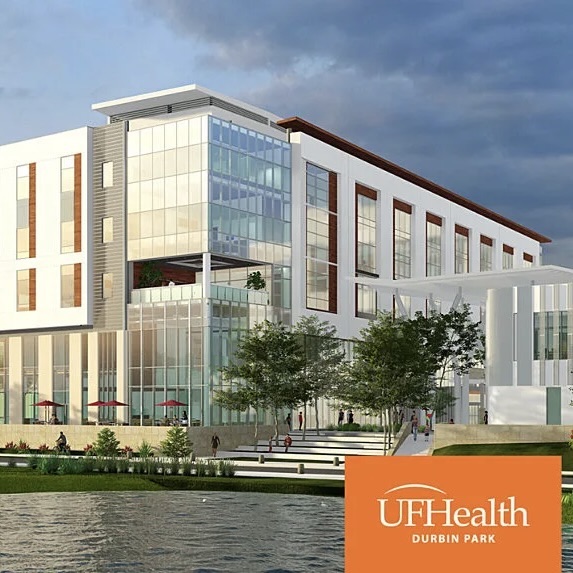
University of Florida and UF Health leaders today broke ground at UF Health Durbin Park, a 42.5-acre health and wellness campus that will advance health care services as part of UF’s regional expansion plan for Jacksonville and St. Johns County.
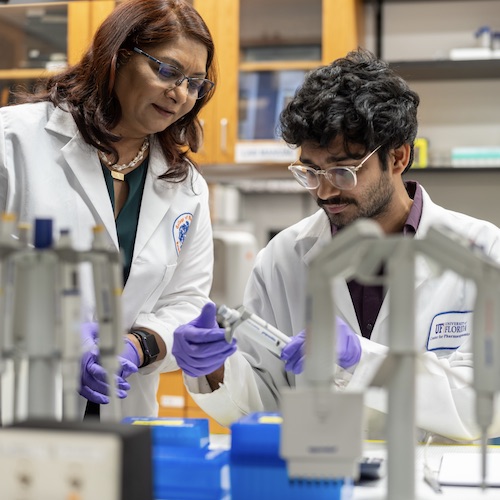
World Cancer Day is held every year on Feb. 4 to raise awareness of cancer and encourage its prevention, detection and treatment.
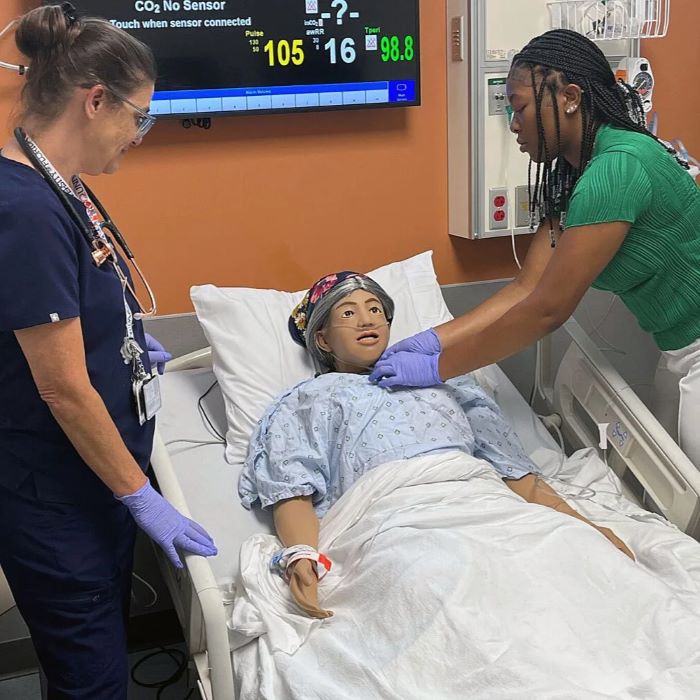
Experience in healthcare can give students the confidence to apply to professional schools
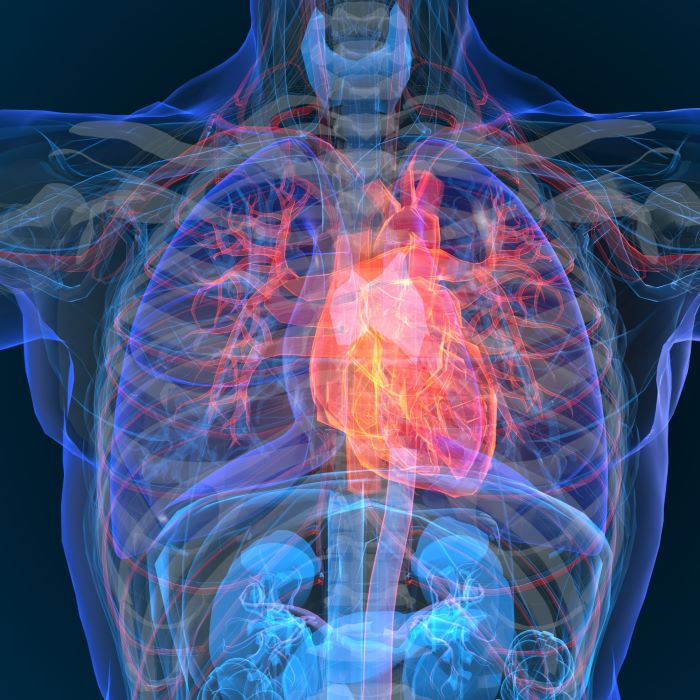
The combined conditions worsen mortality more than expected

A paper published by UF researchers warned that pets, which share beds, kisses, snuggles, and dining areas with humans, are at risk of catching diseases from their owners.
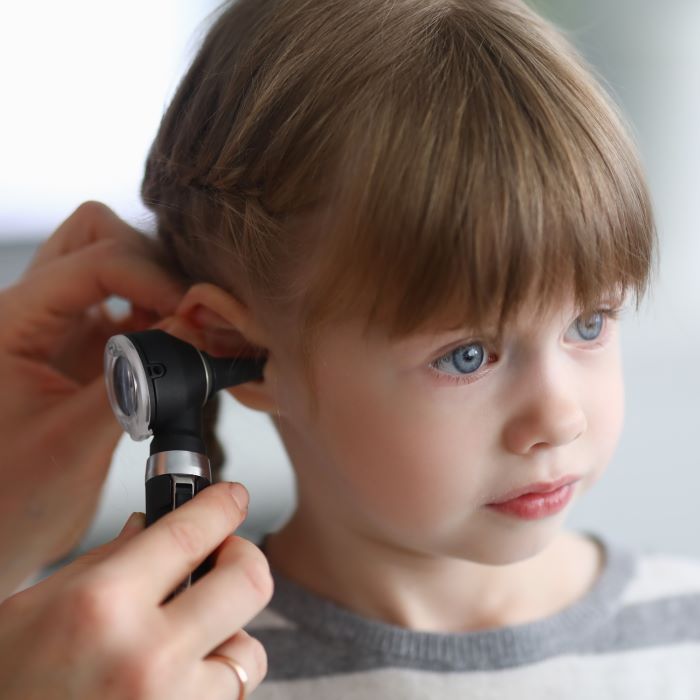
Vigilant monitoring and prompt treatment can help protect against bad outcomes
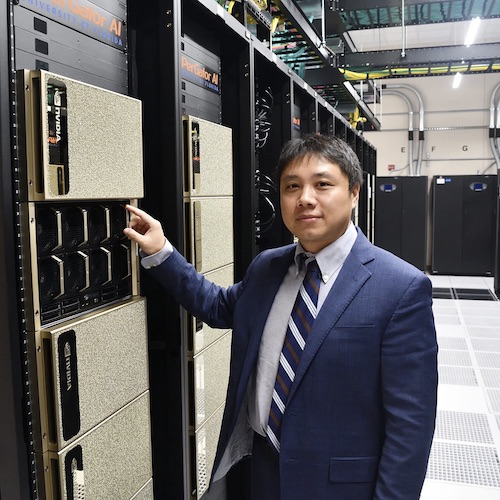
A new artificial intelligence computer program created by researchers at the University of Florida and NVIDIA can generate doctors’ notes so well that two physicians couldn’t tell the difference, according to an early study from both groups.